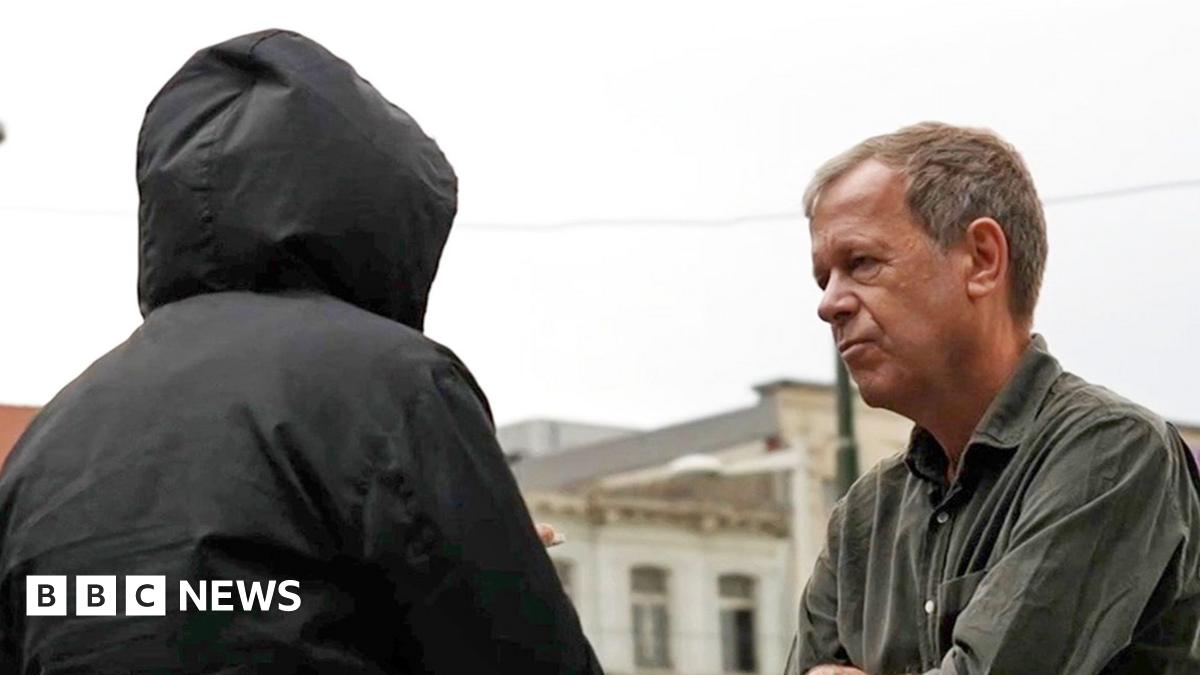When the smuggler, Abdullah, meets me, he is friendly but he says he needs to leave immediately. I try to sound weary. I must persuade him to wait, to talk to me quickly, while my battery is still working. Then, I can get out of there.
Abdullah suspects nothing and seems entirely at ease. But I know the smugglers have guns and knives and there is only one path that leads in and out of the camp.
A day later, away from the forest, I see online that there has been another fatal shooting there.
One of the most difficult things during my time undercover, in the weeks before I meet Abdullah, is keeping track of the phone numbers. Gang members change them often, and sometimes you can lose months of work in a second. At times I’ve lost hope, seeing everything fall apart. But I keep learning.
I spend a lot of time meeting people waiting for small boats around Calais or Boulogne, asking them which gang they are using, which phone numbers they have. Early mornings are spent at train stations, food distribution centres, or on the edge of forests and beaches. Sometimes I just watch, trying to melt into a crowd, to overhear conversations, to spot glances and gestures and to see who leads and who follows.
I must be careful. I move from place to place in different cars over the weeks, and generally try to disappear into the background. I don’t want to do or say anything that could bring me to the attention of the smugglers. They have so many eyes and ears here, and if they become suspicious, it could be dangerous for me.
